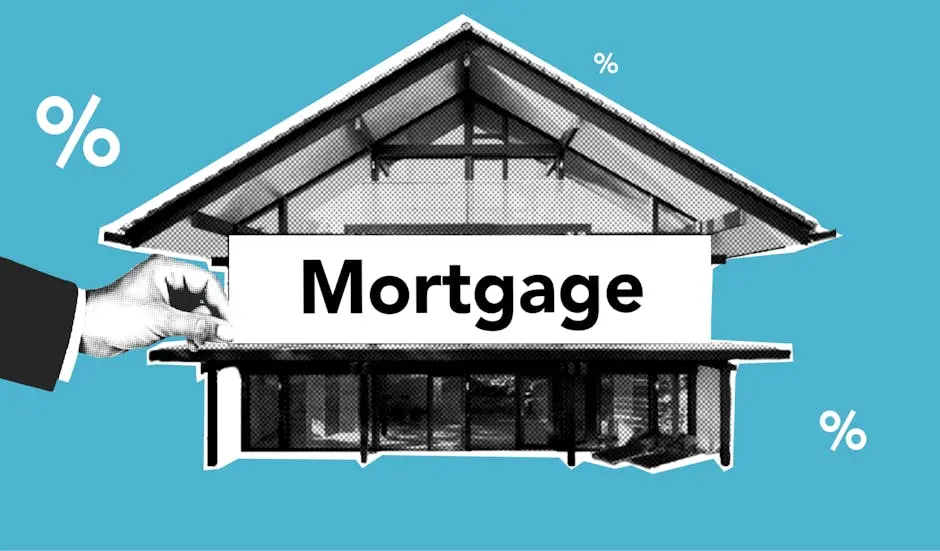Understanding the importance of credit scores is crucial for both landlords and tenants. Maintaining a good credit score not only affects the ability to rent or lease properties but also impacts financial well-being and future opportunities. This blog will provide practical, simple tips to enhance credit health for both parties.
The Role of Credit for Landlords and Tenants
Credit plays a pivotal role in the rental market, impacting the decisions landlords make about tenants and vice versa. A good credit score can streamline application processes and even lead to better rental terms. For tenants, credit scores can influence deposit requirements and the convenience of applying for services such as utilities.
Landlords have a duty to screen applicants thoroughly to ensure reliable tenants occupy their properties. Running a credit report is a critical step in this vetting process. It offers insight into a person’s financial behavior, allowing landlords to gauge risk. A clean credit history implies financial responsibility and can help avoid issues like late rent payments. To learn more about how to read a tenant credit report and what red flags to watch for, landlords can refer to this guide on the important things landlords should check on a credit report.
In contrast, a poor credit score might result in higher security deposits or even being turned down for a rental, emphasizing the importance of maintaining good credit health. Fortunately, initiatives like tenant credit reporting services can help both parties. When landlords report rent payments to credit bureaus, it creates positive outcomes; tenants can enhance their credit scores, leading to potentially better terms on future loans or credit agreements.
Building Credit: Tips for Tenants
Tenants aiming to build their credit should focus primarily on punctuality. Timely rent payments are pivotal and can significantly boost your credit score when reported to credit bureaus. Services like Credit Rent Boost demonstrate how reporting these payments can benefit tenants. Exploring how tenant credit reports impact your credit score should be a priority for tenants seeking to enhance financial standing.
Additionally, tenants can bolster their credit by paying other bills on time and being mindful of credit utilization rates. Ideally, try to keep your credit card balances below 30% of the available credit limit. This not only demonstrates responsible fiscal conduct but also favorably influences the calculation of your credit score.
Enhancing Credit: Tips for Landlords
For landlords, sound credit management is key to smooth property management operations and successful financial investments. Separating personal and business accounts is crucial to maintaining clear financial boundaries. This separation helps in managing debts efficiently and improving one’s credit score. Utilizing tenant credit reporting can also be an advantage, offering a win-win by promoting timely payments and benefiting tenants with credit health improvements.
Landlords should also be proactive in employing credit monitoring services to keep a watchful eye on their credit report. Prompt action against inaccuracies can prevent potential drops in credit scores and foster a robust financial profile.
Understanding Credit Reports and Scores
Both landlords and tenants benefit significantly by understanding the nuances of credit reports and scores. Regularly checking your reports can give you an edge. This vigilance helps in identifying discrepancies that may adversely affect your credit standing. As a tenant, familiarizing yourself with the five components of a credit score—payment history, credit utilization, length of credit history, new credit, and credit mix—can directly impact how you manage finances and where to improve.
For landlords, understanding credit reports is equally critical. A landlord’s focus should extend beyond mere credit scores, encompassing complete profiles of applicants. Knowing how tenant credit reports function will aid in making informed decisions, ensuring reliability and consistency from prospective tenants.
Collaborating to Improve Mutual Credit Goals
Landlords and tenants can work collaboratively towards mutual credit improvement goals. Implementing rent reporting services can be the starting point for this synergy. Establishing open dialogues about financial expectations and maintaining consistent communication can also bolster relationships. As they say, understanding is the first step, and being transparent about financial conditions strengthens trust and encourages credit-conscious behaviors.
Ultimately, a proactive stance in monitoring and improving credit scores benefits all parties involved. By taking advantage of services that report rent payments to credit bureaus, tenants are empowered with a credit-boosting tool, while landlords enjoy more reliable income streams. Learn more techniques to build credit with rent payments, and become part of a forward-thinking initiative that fosters growth and financial stability.
Achieving and Maintaining Good Credit
Boosting credit effectively requires mindfulness and consistent effort from both landlords and tenants. By understanding the ways in which credit can influence everyday transactions and future financial opportunities, both parties can work towards achieving and maintaining good credit health. Utilize these tips to start improving your credit score today.









